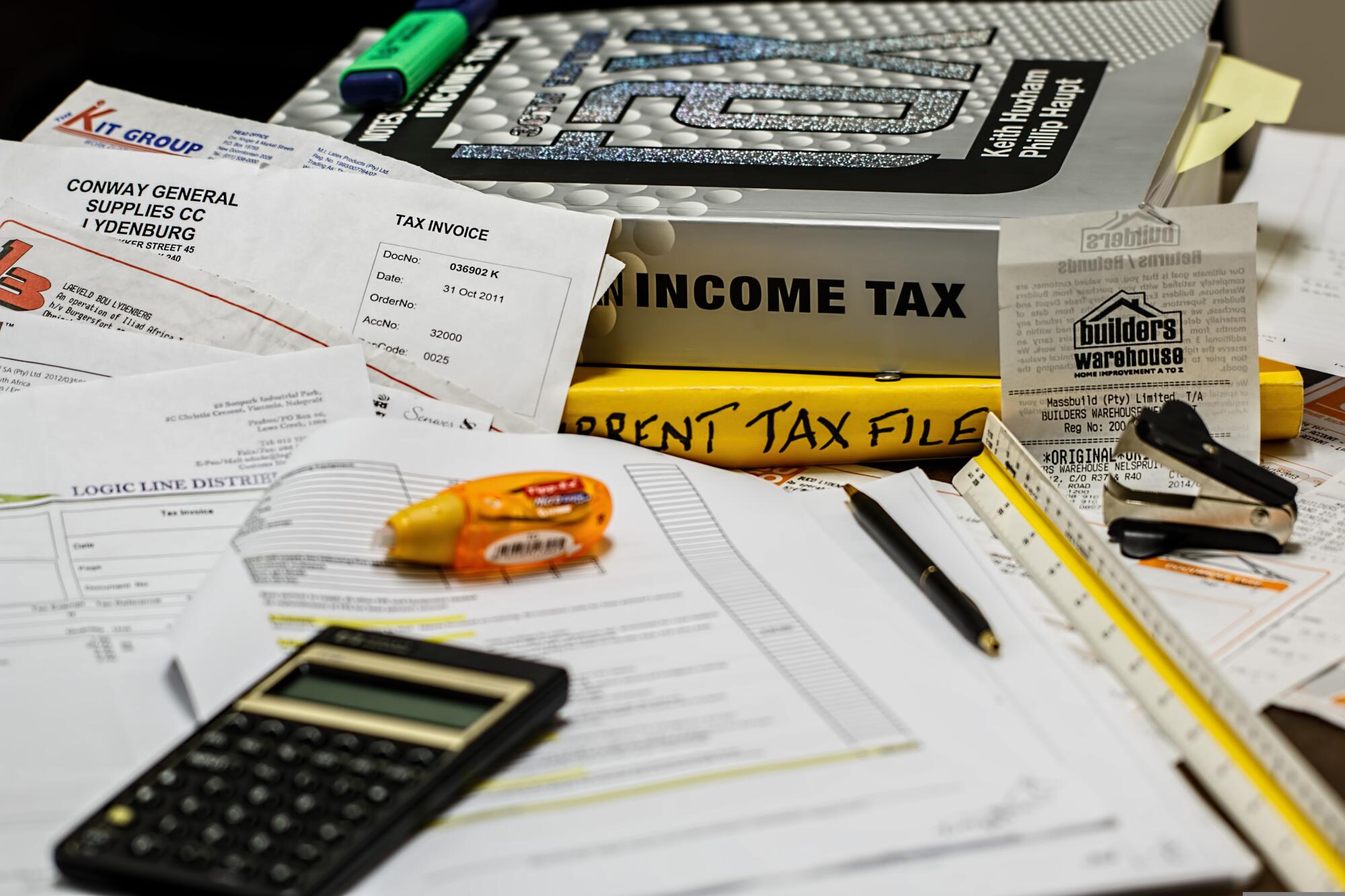Are you ready to change how much you charge for your rental property security deposit? A new bill was signed on October 11, 2023. However, it doesn't go into effect until July 1, 2024.
In that bill, landlords that meet specific criteria can only charge one or two months' rent. The goal is to make rental housing more affordable. As a landlord, you must know the laws and what you can and cannot do with your tenant's security deposits.
There Is a Limit
Depending on how many rental homes you own, there are limits on how much you can charge as a security deposit. California statutes state that landlords can charge up to two months' rent for an unfurnished residential property and three months for a furnished property.
However, as this article stated, these rules will change in 2024. Landlords must track changing laws to ensure they do not unknowingly violate the law.
You Have to Hold It
As part of the rental application, new tenants pay a security deposit. However, unlike rent collection, that money is not yours yet. This means you cannot spend it.
Instead, you need to hold the security deposit until the end of the lease. California law does not specifically outline how to manage security deposits, but some general guidelines exist.
The security deposit money must be in a separate interest-bearing account in California. You must clearly label the account as a security deposit account and keep it in the account for the entire lease length.
You Might Be Able to Keep It
You will have 21 days from the end of the lease to return the security deposit to the tenant. California law allows landlords to keep a portion or all of the security deposit for specific reasons.
Landlords can keep the security deposit to cover unpaid rent or when the tenant breaks the lease. You can keep the security deposit to cover property maintenance to repair the tenant-caused damage that goes beyond wear and tear.
However, landlords cannot keep the security deposit to cover unpaid rent from COVID.
If You Keep It, Document Why
You should maintain a positive relationship with a tenant after the lease ends. One way to do this is by documenting why you deducted money from the security deposit. If you deduct more than $125, you are legally required to document why.
Include copies of the invoices or receipts and send them to the tenant. They need to have an itemized list of expenses.
You Cannot Make It Nonrefundable
Landlords can customize their leases with tenants. However, they cannot include a clause that makes the security deposit nonrefundable. A term like this would be unenforceable.
Handle Your Security Deposits Correctly
Landlords must follow the law when collecting, handling, and returning security deposits. Ask for the right amount, hold it in an interest-bearing account, and document when you keep a portion or all of it.
Hiring a property management company like PMI Inland Empire can simplify the process. Your property manager will handle all of these tasks for you.
Never worry about your tenants' security deposits when you hire PMI Inland Empire.


